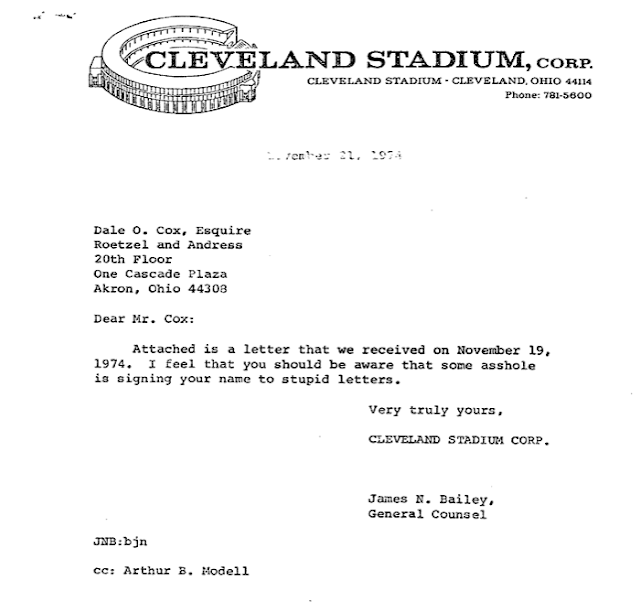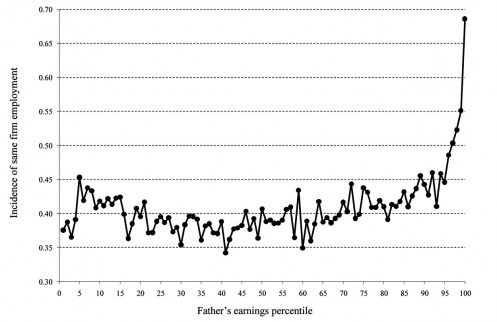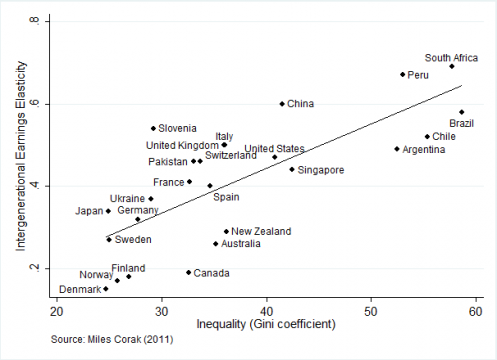So, originally, I had been hoping to write a follow-up post on everything that has happened in the wake of the UC Davis pepper spray incident. However, two things. First, everyone else and their mother has covered the UC Davis thing in far more depth than I would be able to do. Second, xkcd released this epic infographic on money, which makes putting anything else on the internet feel sort of pointless.
Instead, let me just point to a few Occupy UC Davis links:
Over at phylogenomics, Jonathan Eisen has tons of pictures from UC Davis, and has reposted a lot of the open letters that have been written to Chancellor Linda Katehi. He also has an impressive compilation of links on the topic here.
The most moving of the open letters that I have seen is the one written by UC Davis Professor Cynthia Carter Ching addressed to the students. Read the whole thing here. Excerpt:
So, to all of you, my students, I’m so sorry. I’m sorry we didn’t protect you. And I’m sorry we left the wrong people in charge.
And to my colleagues, I ask you, no, I implore you, to join with me in rolling up our sleeves, gritting our teeth, and getting back to the business of running this place the way it ought to be run. Because while our students have been bravely chanting for a while now that it’s their university (and they’re right), it’s also ours. It’s our university. And as such, let’s make sure that the inhuman brutality that occurred on this campus last Friday can never happen again. Not to our students. And not at our university.
The other must-read piece on the subject is by Alexis Madrigal in the Atlantic. It rightly points out that by focusing too much on the individual cop who did the spraying, we miss everything that is wrong with the system, and the fact that the cops are, in a sense, victims of the same broken system.
Over at Boing Boing, Xeni Jardin had been covering pretty much all of the crucial OWS happenings. If you have any interest in the Occupy movement at all, you should be following her at Boing Boing and on Twitter. For just one example, here is an interview with one of the students who was pepper sprayed.
Also check out Boing Boing’s Occupy Lulz photo collection, which features the meme-ified pepper-spraying Lt. John Pike heavily, but not exclusively. Here’s the most recent addition at the time of this posting:
For a more exhaustive collection, check out the Pepperspaying Cop Tumblr.






